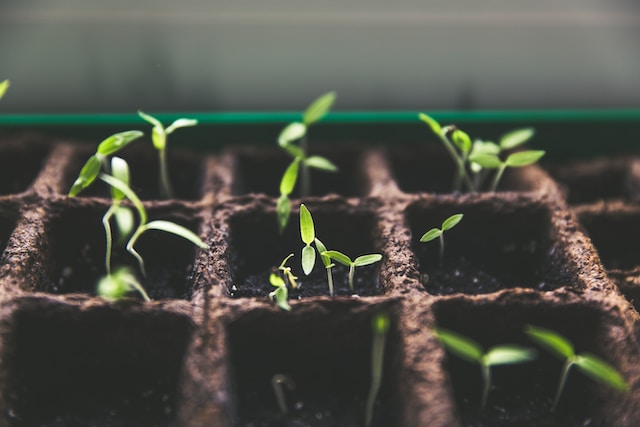The Six Stages of Recovery
Stage One: Pre-Contemplation
During this stage, you are aware of the consequences that come with using but are not ready to seek out recovery or make a change.
You may find yourself minimizing or justifying the negative outcomes that come with drug use.
You may also recognize that in order to stop using drugs, you would require treatment- however, in this stage of recovery, you still prefer to remain in active use rather than to seek any rehabilitative services.


Stage Two: Contemplation
During this stage, you have come to realize that the consequences of drug abuse are, in fact, severe.
Although you may be aware of the negative effects drug abuse is having on your life, you still may not be sure whether these consequences outweigh using drugs.
You begin to become more open to the idea of recovery and are aware that at some point in the future, it is likely to happen.
However, you may make excuses or justifications for why you’re not quite ready to begin recovery and are putting it off for a later time.
Stage Three: Preparation
In this stage, you’ve decided you can make the behavioral changes needed to get sober.
You begin to accept support from family members, friends, and other important relationships.
You also begin to look into different recovery options, create a plan for addressing your drug abuse and may make a verbal or written commitment to recovery.


Stage Four: Action
In this stage, you have begun recovery. This can include enrolling in a treatment program, beginning Medication Assisted Treatment (MAT), attending group sessions or counseling, or using any source for rehabilitation.
You are not just getting sober, but also committing to important lifestyle changes that will make sure you have a healthier life moving forward.
You are learning the skills needed for recovery and you may also be creating career, dietary, or fitness goals, repairing positive relationships, and cutting out the negative ones.
Stage Five: Maintenance
In this stage, you have completed the treatment program and must “maintain” sobriety in your everyday life.
You must practice living life in recovery outside of the program and overcoming temptations and cravings without being monitored.
There are many resources available to help you be successful during this stage such as aftercare, alumni programs and support groups.


Stage Six: Termination
Although remaining sober is a lifelong job, in this stage you have regained your health, maintain healthy relationships, have a stable job or career, are financially independent, and feel confident that you will remain in this state.
You have no desire to return to active drug abuse and are relieved you no longer have the same habits you used to before recovery.
It will take a lot of hard work to reach this stage and it may take some longer than others. However, you CAN reach this stage with the support of those around you, dedication, and perseverance.
Most importantly, remember you are not alone on this journey.